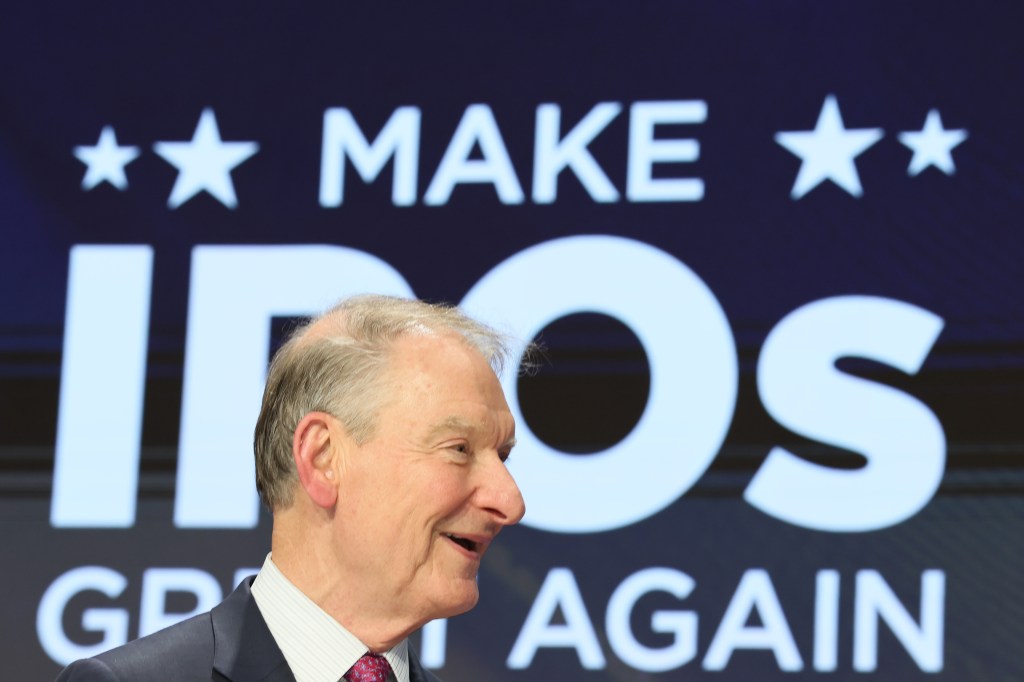The Indian subsidiary of New York-based defence and aerospace giant Moog has agreed to pay a $1.1m civil penalty to settle major bribery charges. It was alleged the bribes were paid to officials in order to secure contracts and shut out competitors.
Moog is a global manufacturer of motion control
Register for free to keep reading
To continue reading this article and unlock full access to GRIP, register now. You’ll enjoy free access to all content until our subscription service launches in early 2026.
- Unlimited access to industry insights
- Stay on top of key rules and regulatory changes with our Rules Navigator
- Ad-free experience with no distractions
- Regular podcasts from trusted external experts
- Fresh compliance and regulatory content every day













